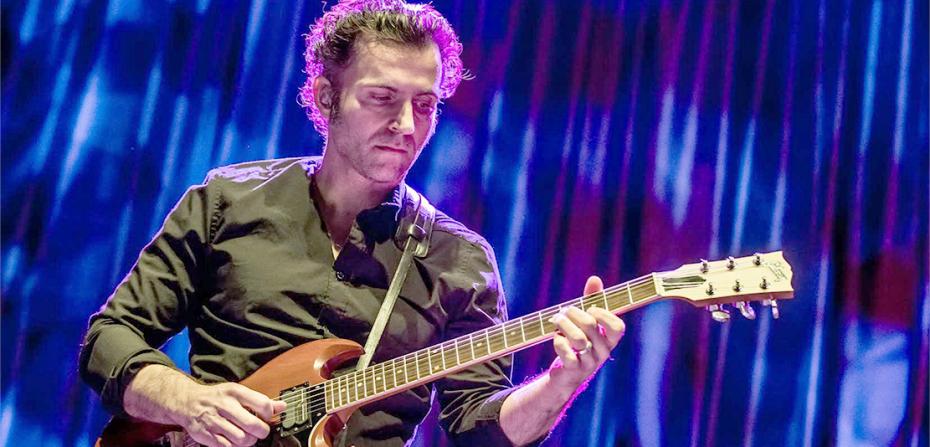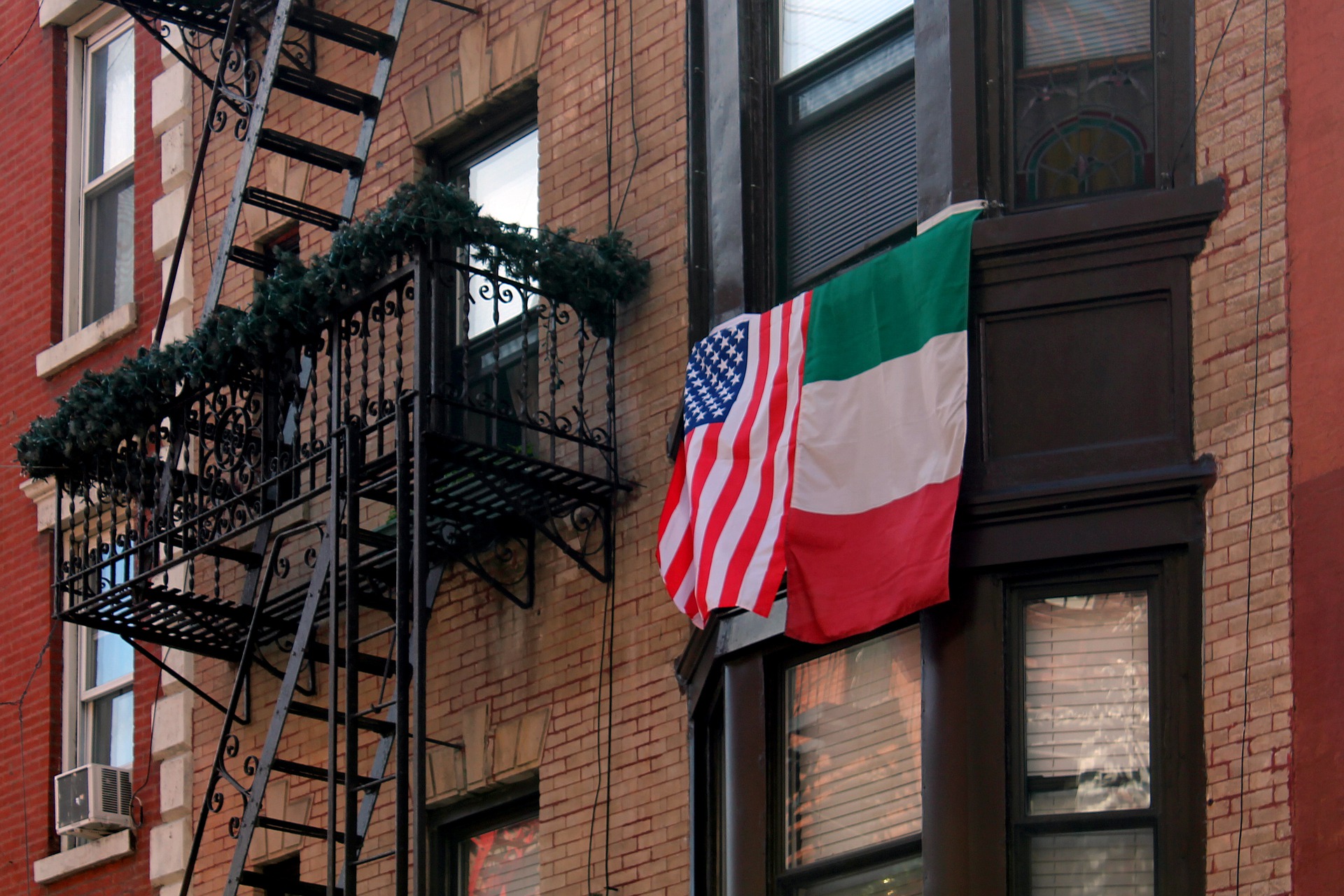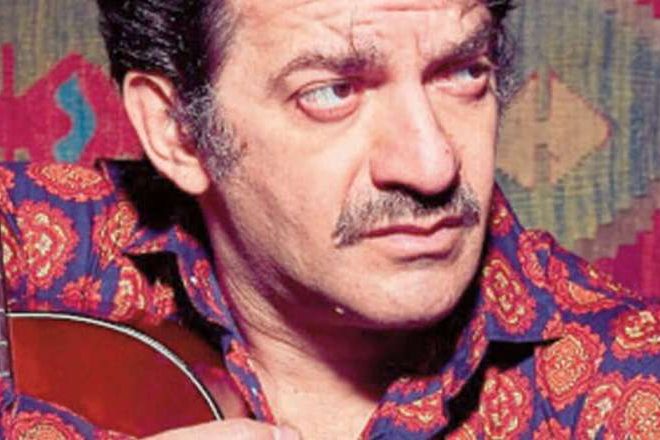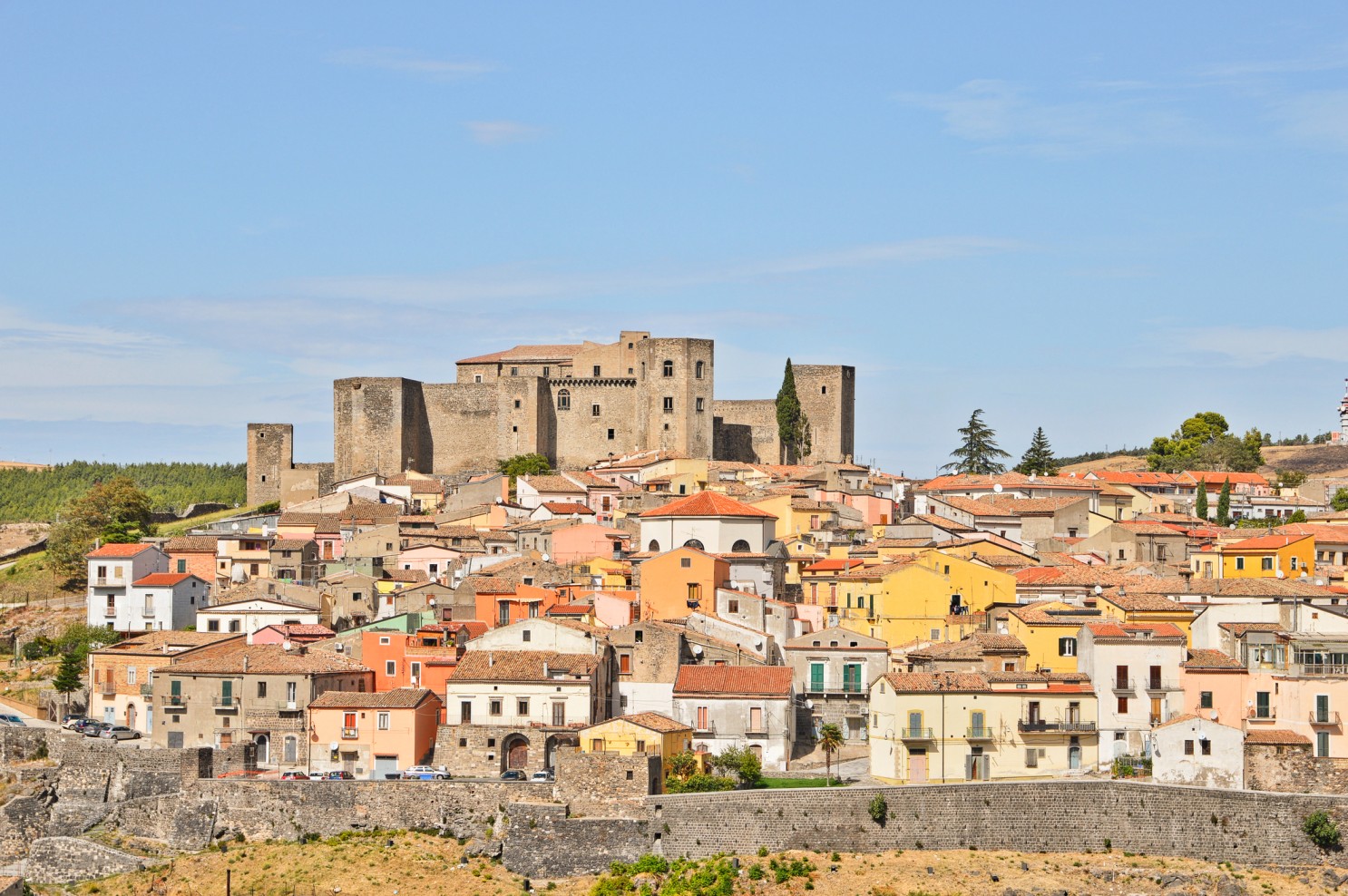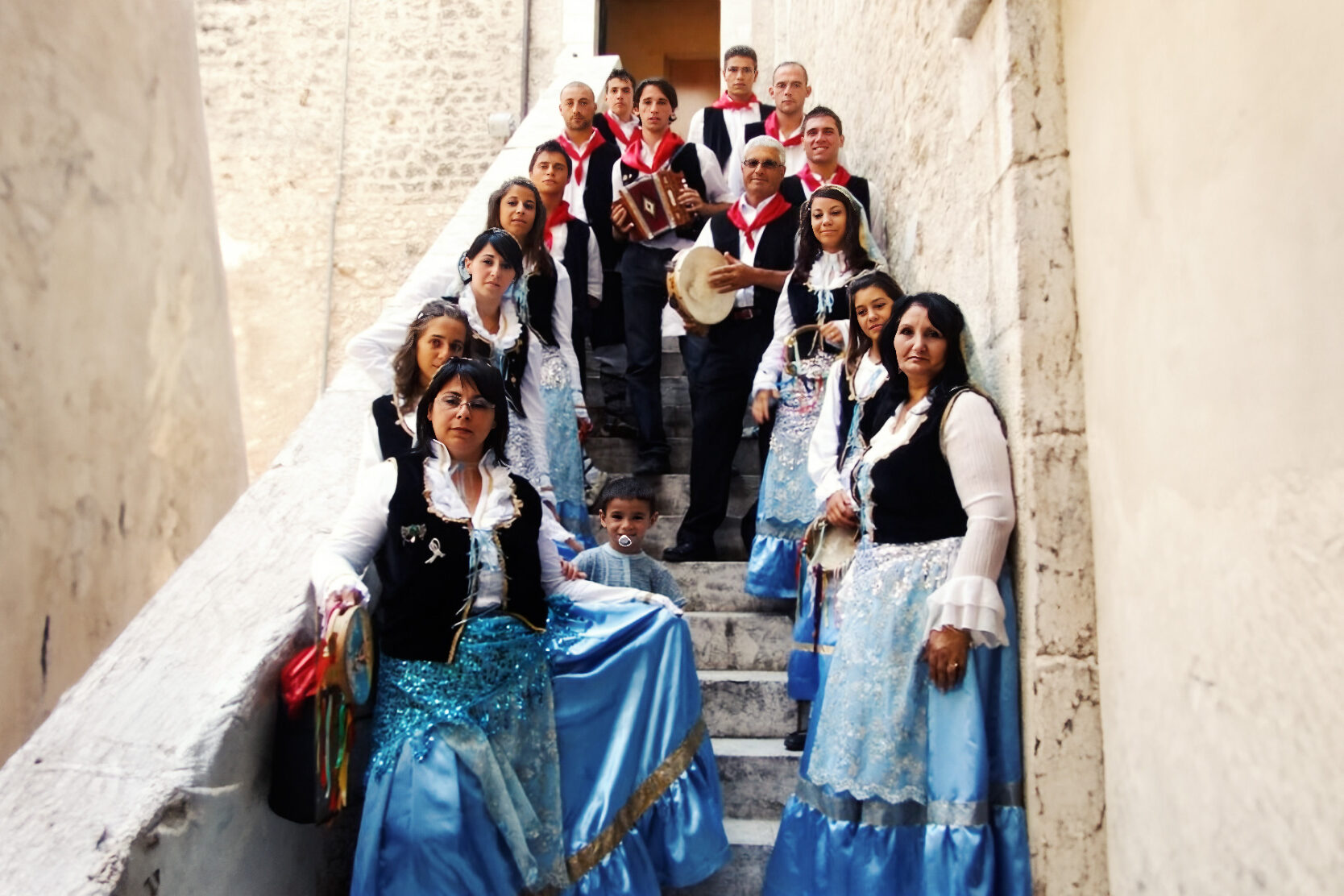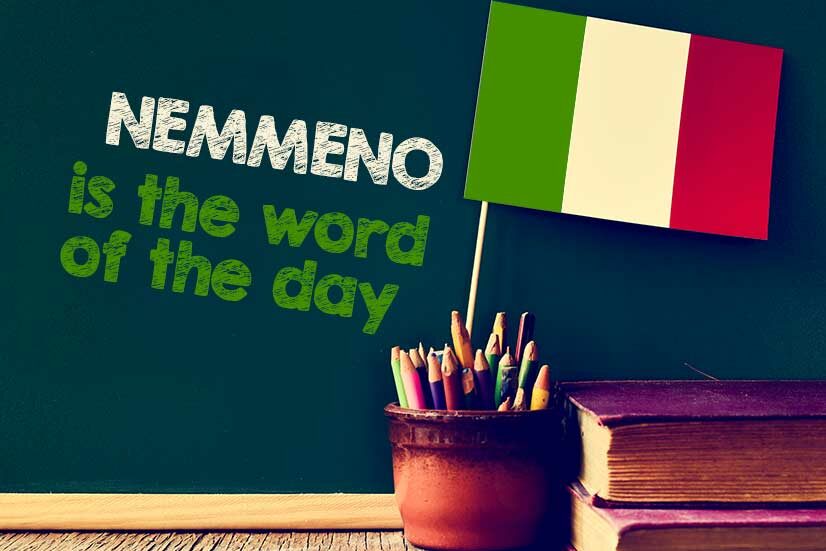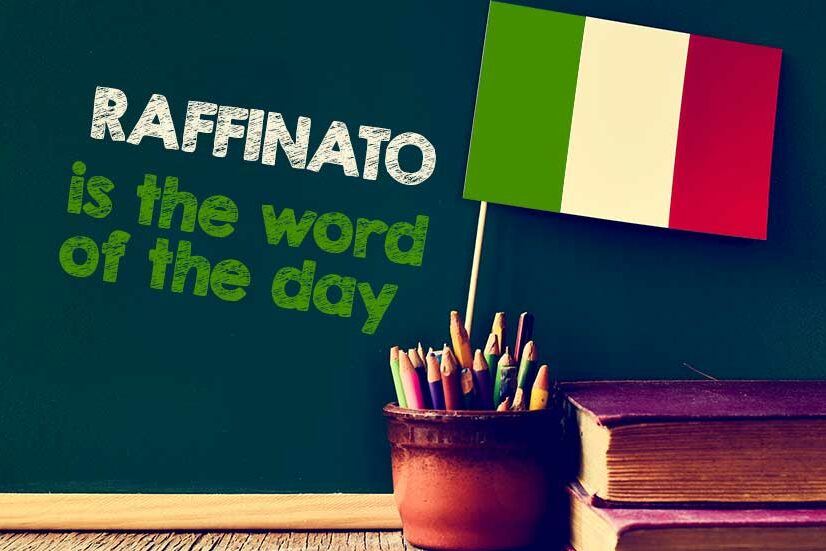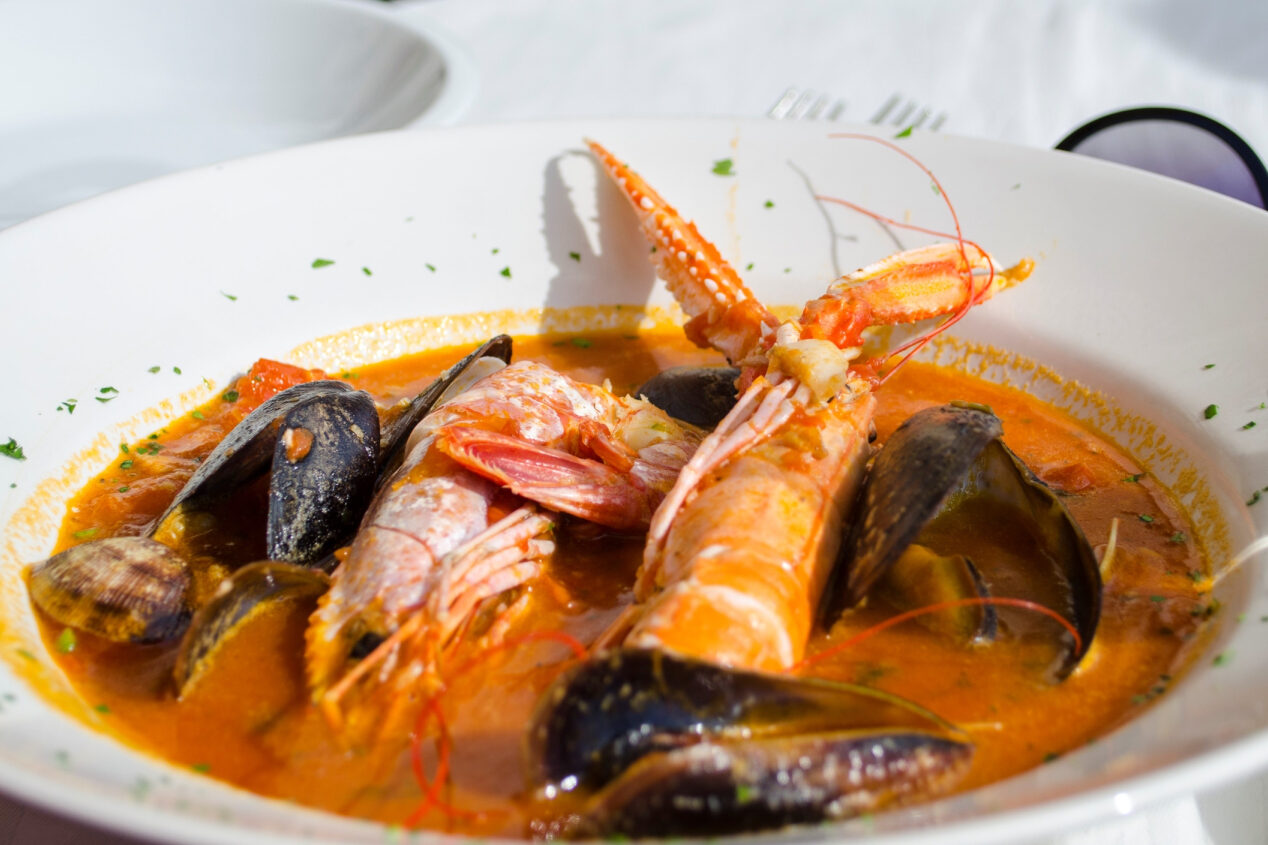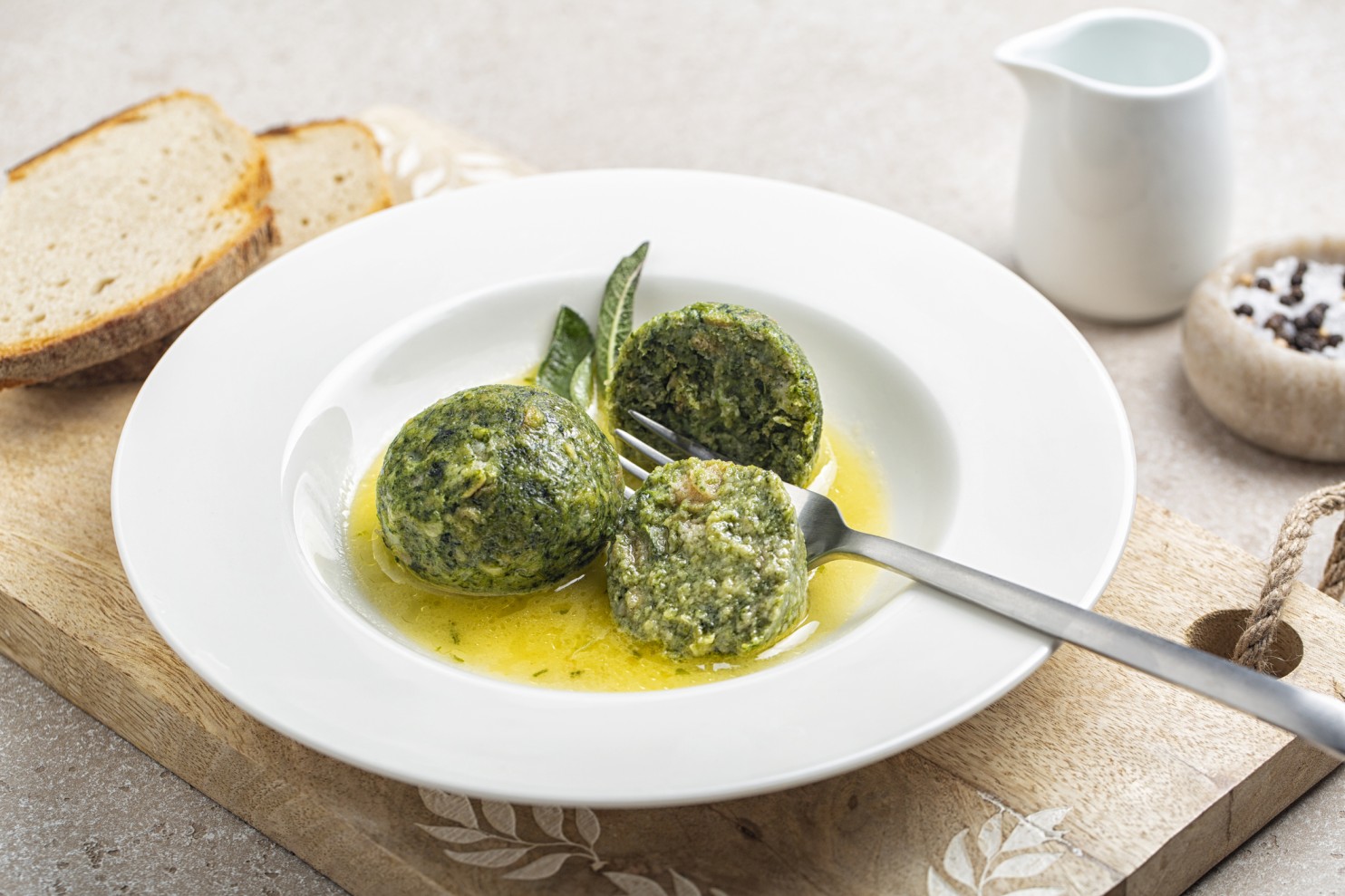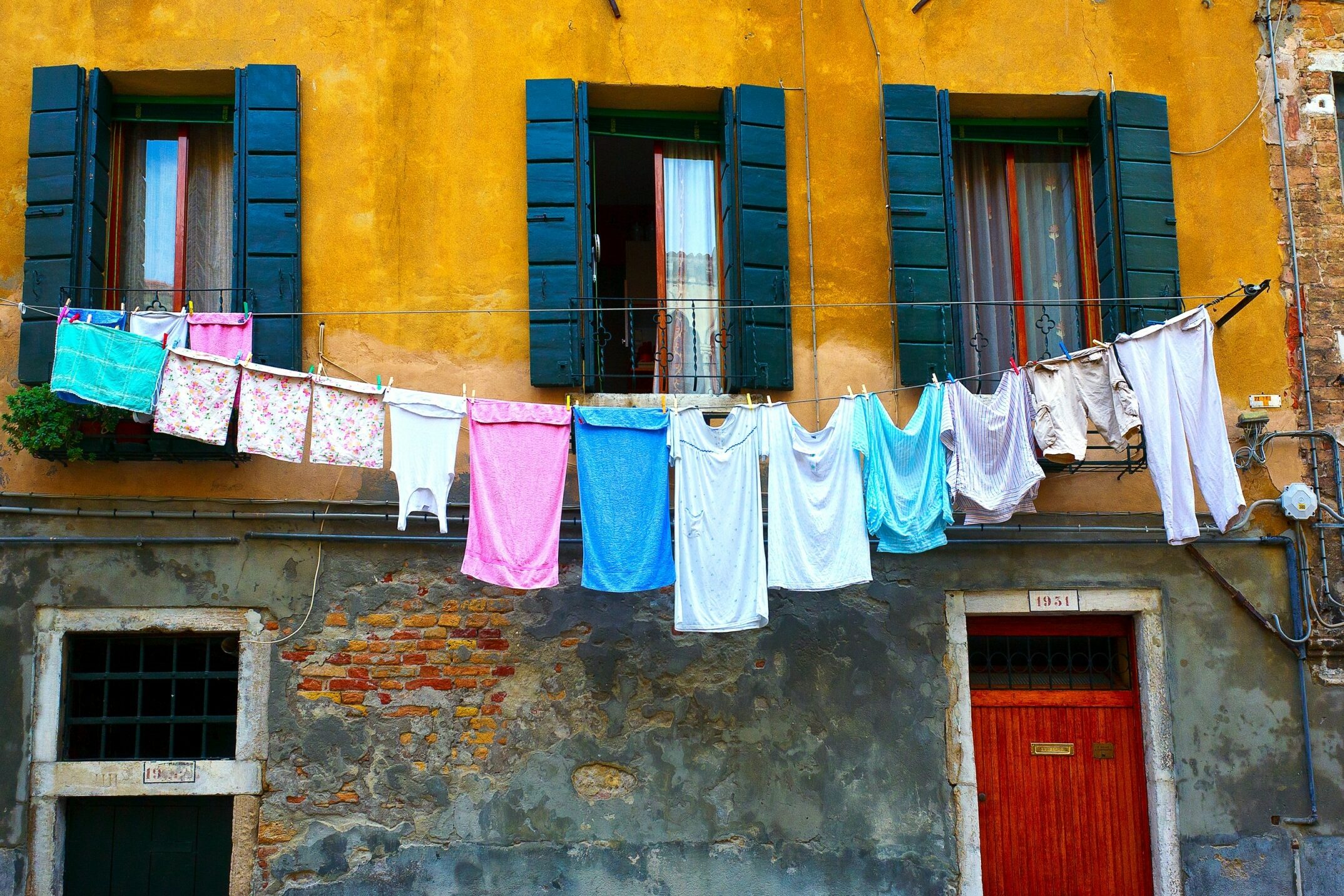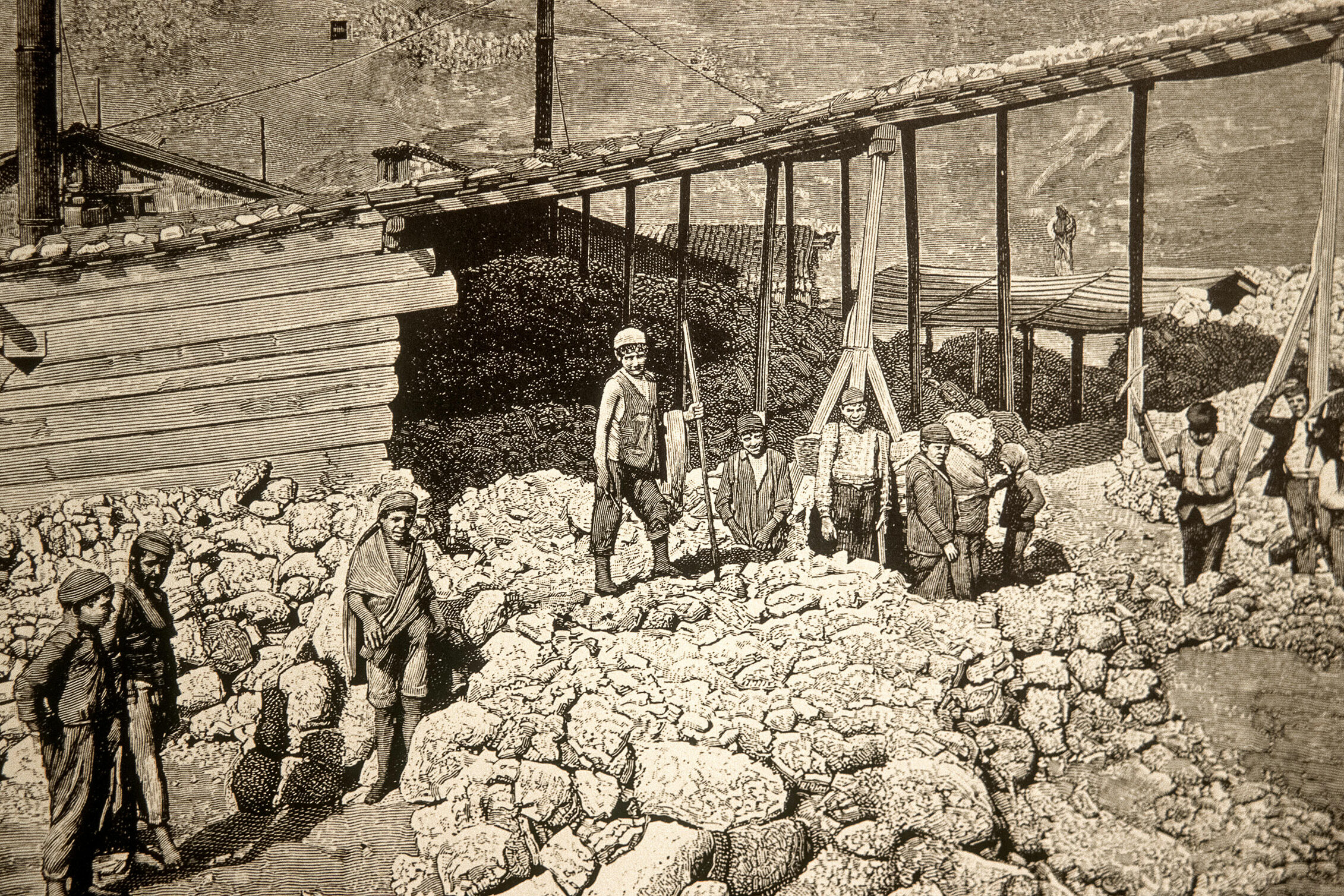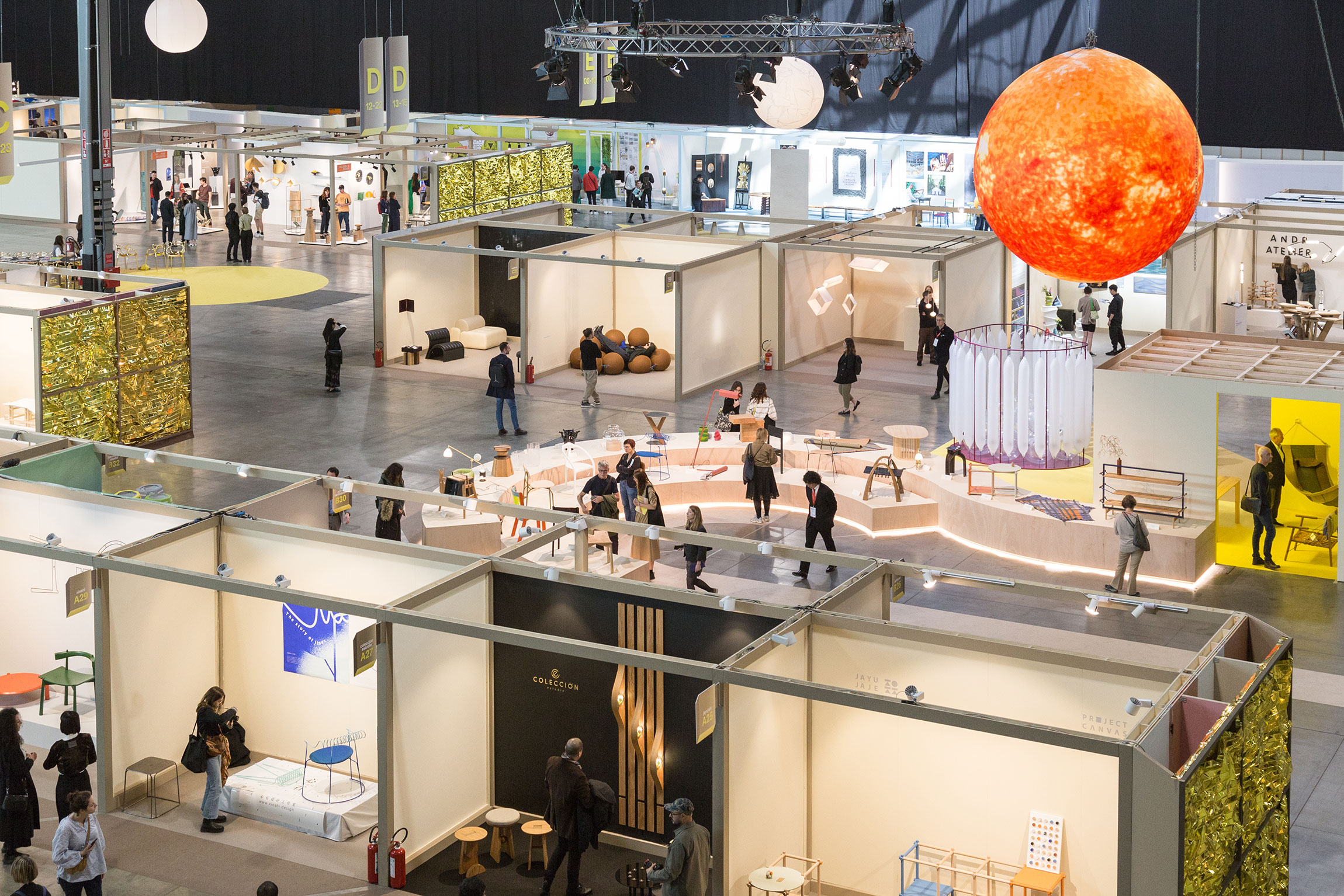During the past ten years, Los Angeles-born rock guitarist, Dweezil Zappa (September 5, 1969), has put aside his own songwriting.
Instead, perhaps also responding to a primordial impulse inscribed into his Sicilian DNA, he has been zealously honoring his father, Frank Zappa (Baltimore, Maryland, December 21, 1940 – December 4, 1993), thus following one of the main precepts, passed on from one generation to the next, in Sicily’s patriarchal society.
Since 2006, Dweezil has been touring worldwide with his ever changing band, Zappa Plays Zappa. The lead guitarist and vocalist continues scrupulously to champion his father’s musical legacy, among the younger generation as well as the older aficionados.
Along the way, Zappa Plays Zappa has garnered wide recognition among major experts from the music industry. In fact, at the 2009 Grammy Awards, Dweezil’s tribute group won “Best Rock Instrumental Performance” for their rendition of Frank’s instrumental classic, Peaches en Regalia.
However, Dweezil’s latest album, Via Zammatà (released by Fantom Records on last November 27), features music originally produced, written and arranged by the gifted musician.
As suggested by the record’s title, family ties are hard to resist: Dweezil Zappa could not turn a deaf ear to the call of his ancestral homeland and, instead, embarked into a musical journey across Sicily’s village of Partinico and its windy street.
First of all congratulations for your new album, Via Zammatà. Tell us more about the source for its title. Did traditional Sicilian folk music specifically inspired you, or rather other cultural elements from Italy?
The title comes from Partinico, a small town in the province of Palermo, Sicily. A relative, from my paternal side, lived there, specifically in Via Zammatà – which has been renamed “Via Frank Zappa”.
The album consists in a musical journey through my Italian ancestry. As I was composing it, I was listening to some Sicilian Folk music. However, I was not specifically inspired by it.
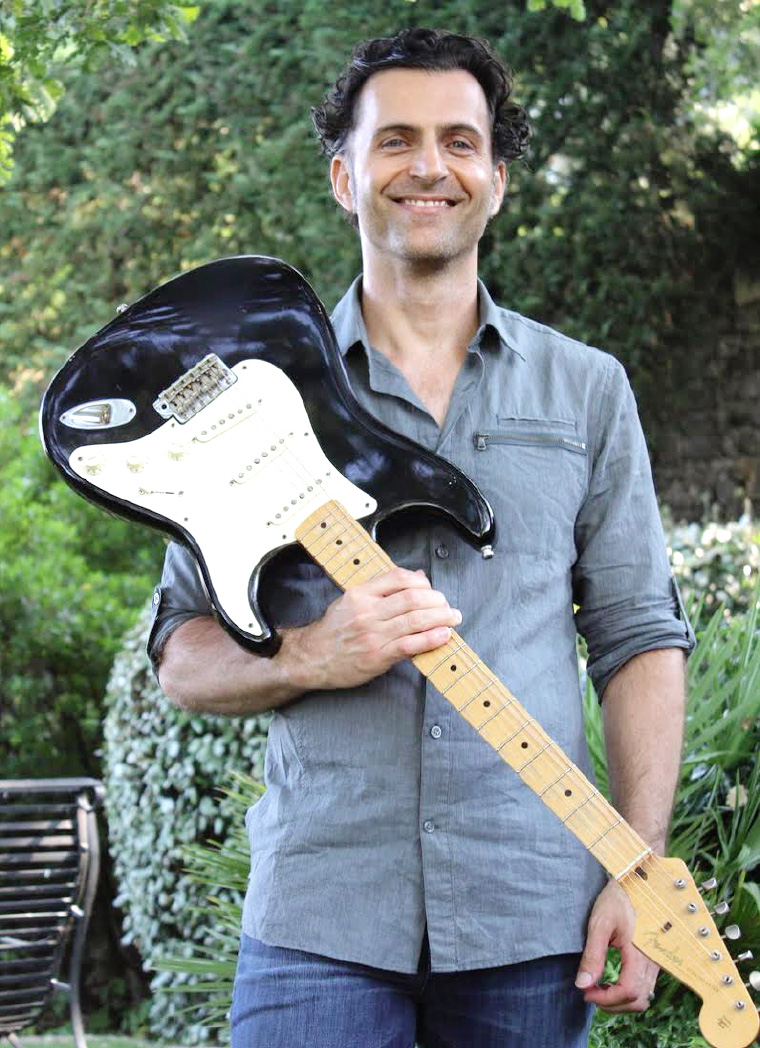
What’s your dearest memory alongside your father and what’s the biggest lesson he gave you? What about your mom?
Simply watching how my father operated was invaluable. He could easily convey his musical ideas onto the page. To me, he was one of the most important musical figures in history.
My mother was supposed to be more in charge of the daily chores. She was always able to find creative ways of teaching us.
Sometimes, odd situations occurred: such as, when some guitar tech from my father’s crew, came to pick me up after school.
In some of the tracks, the background vocals remind me of vocal harmonies from some 60s bands, such as The Beach Boys or The Beatles? Is there a satirical purpose?
No, there is no satirical purpose. The background vocals are simply reminiscent of the music I grew up with, spanning from the late 40’s to the late 60’s.
Via Zammatà features a collaboration with the very talented actor, John Malkovich, who reads Plato’s Allegory of the Cave over your original music. Tell us your criteria behind the choice of that specific philosophical text matched with Malkovich’s unique voice.
John Malkovich was modelling for a photo exhibit by the multi-awarded American photographer, Sandro Miller. The actor portrayed an eclectic series of characters, including Hitler.
Malkovich’s reading of Plato’s Allegory of the Cave was recorded as part of the exhibition. Then, they sought to pair it with music. Beside myself, several other musicians – the likes of Yoko Ono, Dolores O’Riordan and The Police – contributed with their unique versions.
In a way, two parallel layers of interpretation coexist: in fact, a large part of people, who are not familiar with the philosophical text, perceive the words as pure nonsense.
The album contains the song, Dragon Master, your only co-write with your father. Please, share with us the whole creative process you went through together.
My father wrote the song’s lyrics in 1988. At that time, heavy metal was topping the charts and my dad was lampooning the genre with his lyrics. He asked me to write the music along the same line, but I went on composing a serious metal piece.
You named the guitar solo, in the piece Nothing, as one of your favorites ever recorded. Why? What did inspire you?
Nothing was recorded with the Stratocaster, whom Jimi Hendrix had given me. That solo is reminiscent of Hendrix’s trademark. As the guitar starts to interact with the speakers, you feel like Hendrix himself has taken over.
Along with the release of your album, you are touring across the States with Zappa plays Zappa. You performed your father’s music over a thousand times across the globe. What’s the secret of the concert’s successful formula?
My father’s music is often misunderstood and labeled as “comedy music.” Actually, it was simply hard to categorize.
My intention is to focus on its jazz, experimental qualities and to fully convey its exceptional variety.
What do you like about L.A.? Do you have any contacts with the local Italian-American community?
I grew up in Los Angeles. I love Italian culture and food. My favorite restaurant is Madeo, in Beverly Hills. I usually go there for any special occasions.
However, even if I’d love to, I’m not in touch with the local Italian-American community.
Did you travel to Italy? Share with us some of your memories there.
I’ve been in lots of places in Italy, both for vacation and for work. My trips to Sicily are always very special.
Italy is a country with such a rich history. I treasure my memories of a trip to Pompeii. It really was amazing.
I haven’t had the chance to bring my kids to Italy yet, and I can’t wait to make them experience its marvels.
